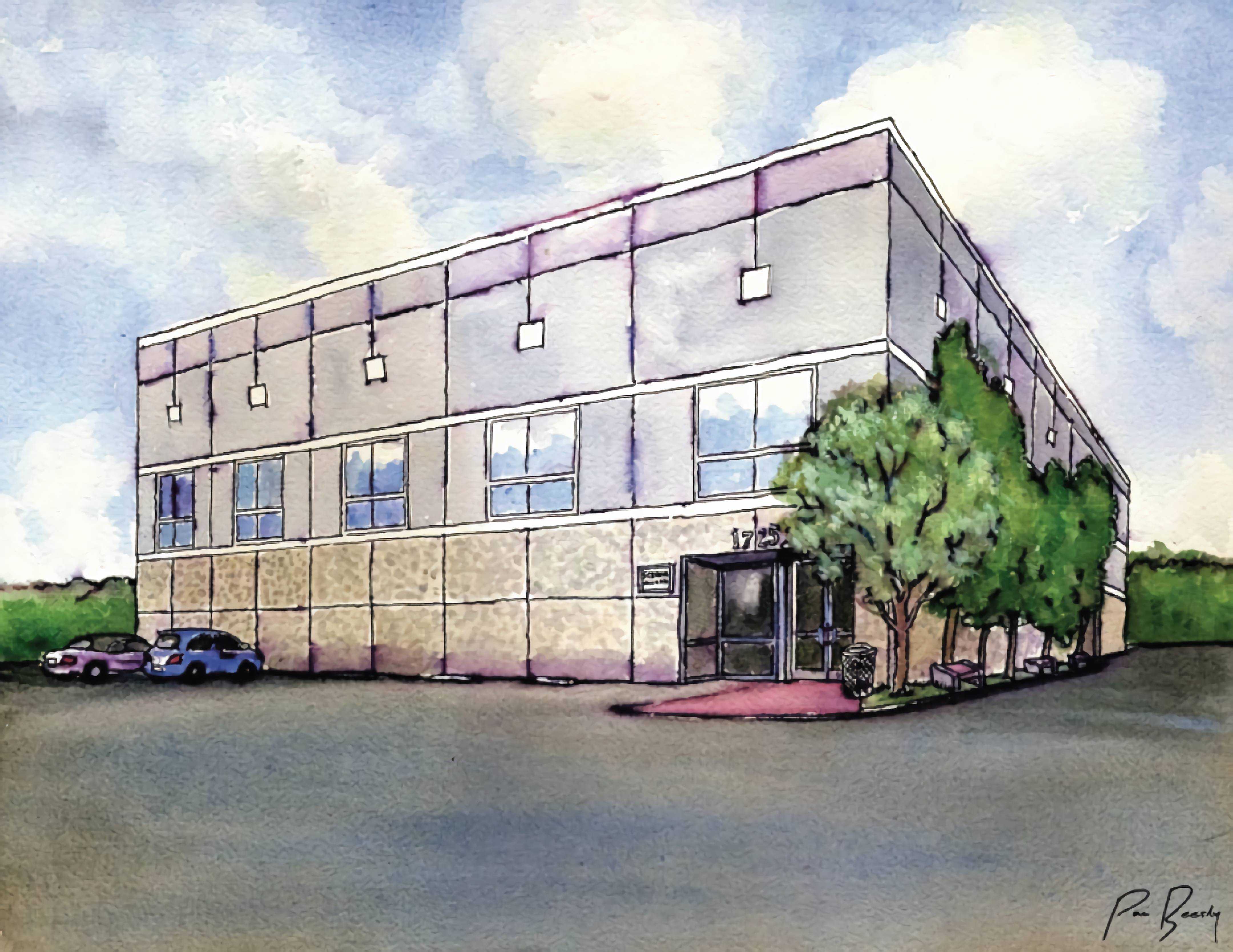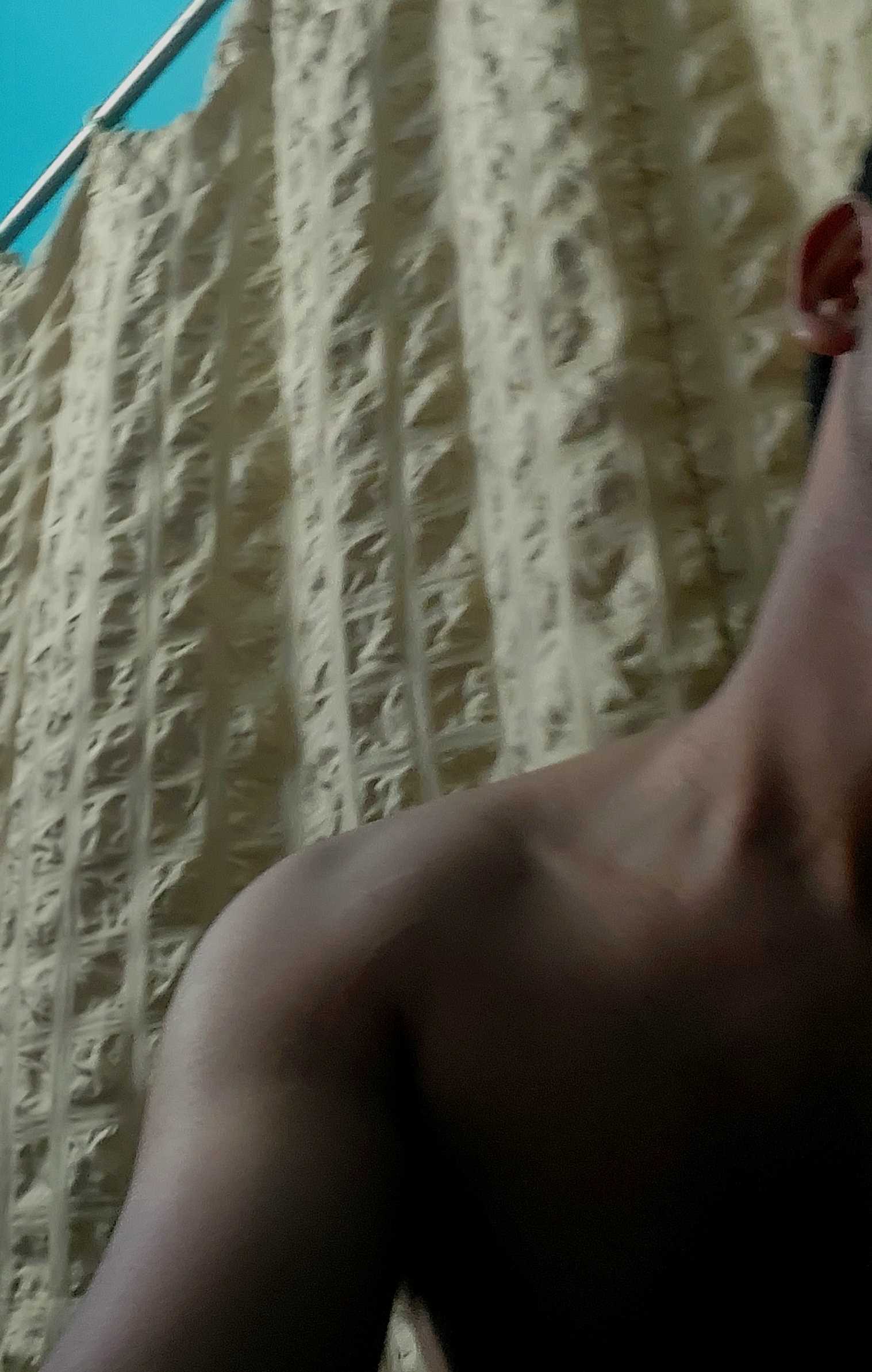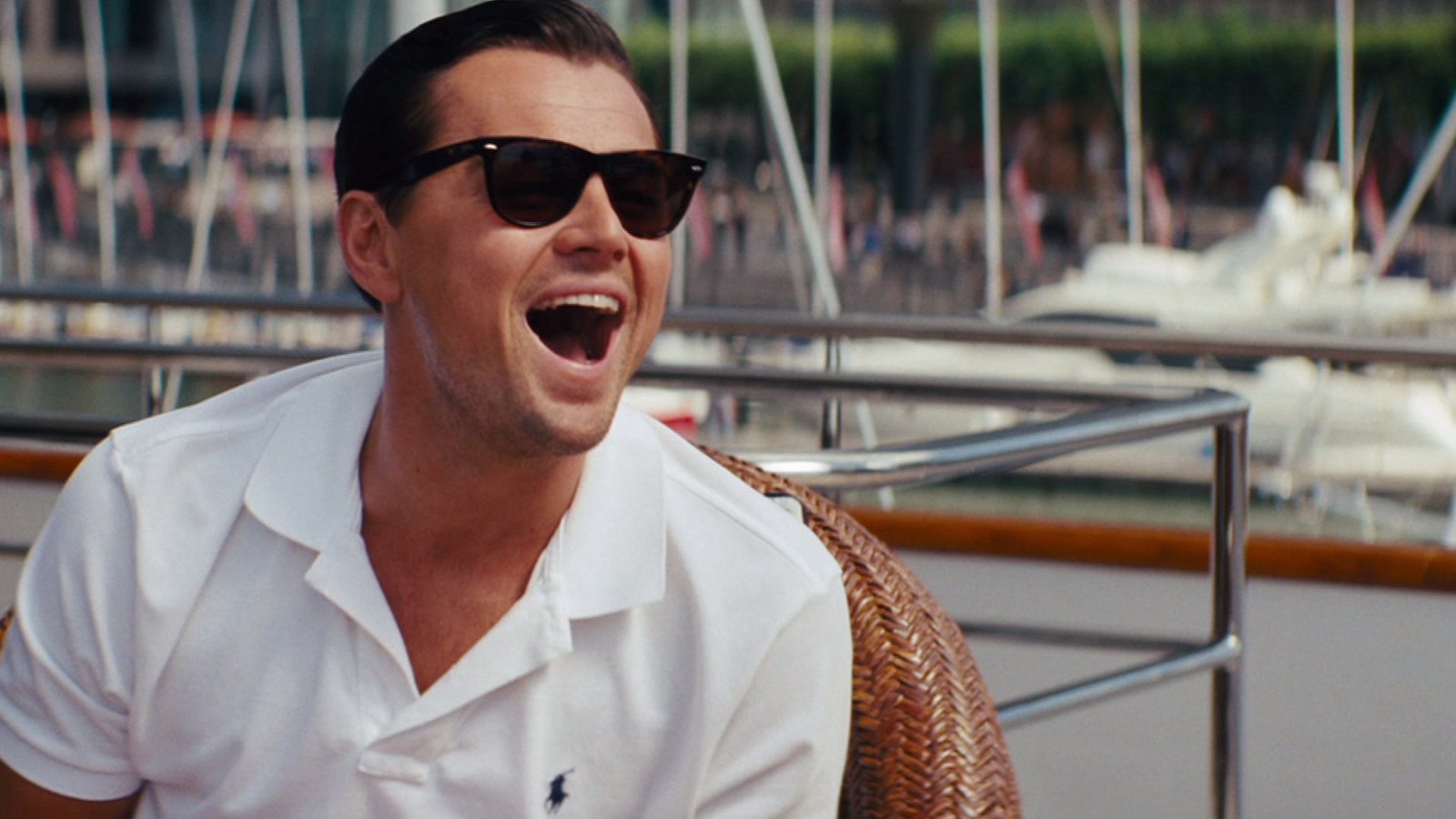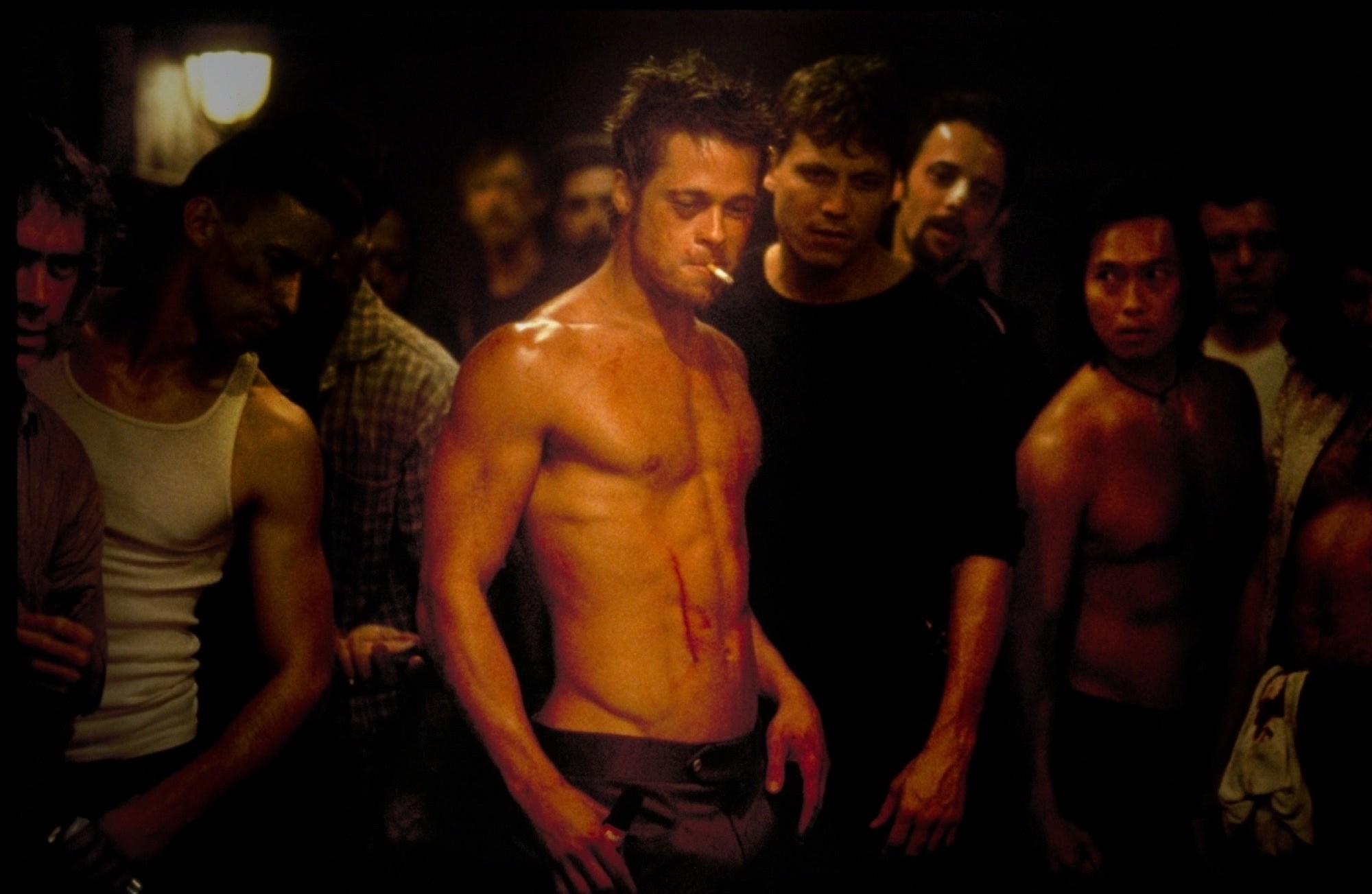Blade Runner 2049: What Does It Mean To Be Human?
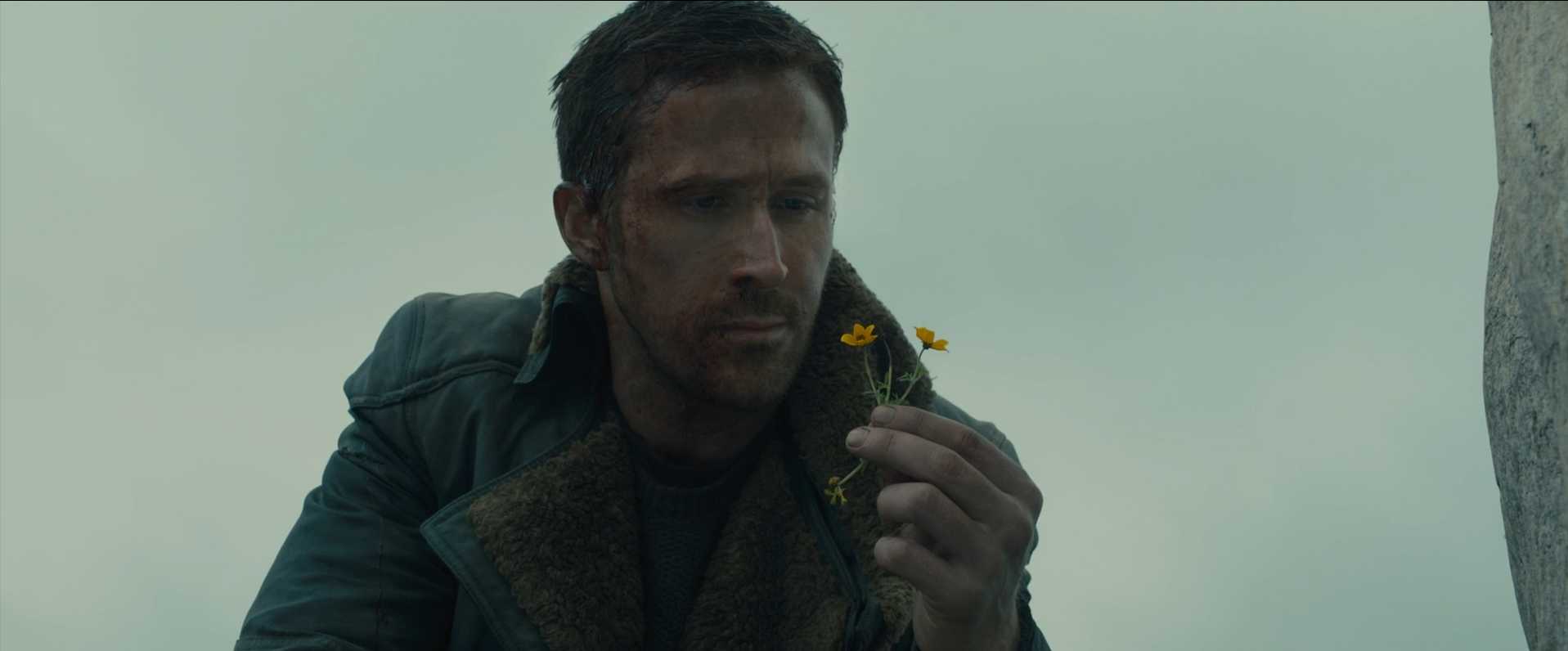
When Officer KD6–3.7, a Nexus-9 replicant built for the sole purpose of hunting down and retiring rogue replicants, learns that his memory involving a wooden horse, which is supposedly artificial (like any other memory fragments implanted into the brain of a replicant), is not fake, he screams in existential frustration.
His whole life has been nothing but a lie.
Hidden behind his frustration, however, lies a tinge of hope.
Officer K leads a lonely life, his only company being an overly cheerful hologram. He loves her more than he does anybody.
His job of tracking down and destroying replicants has made him emotionally distant. His human neighbors isolate and curse him because he is not one of their own.
K is loyal to his cold and human manager. He follows all her orders with no understanding of their effect in the overall scheme of the world until the day it comes to light that there exists a probability that he was not built and assembled, that there is a chance he came into existence out of love and affection.
He feels alive in a way he never has before.
The hologram pushes him to believe that he is much more than what he makes himself out to be. It deepens his desire to live, to find out more about himself. He is now willing to risk it all to find the Truth. His life becomes a mystery that he desperately wants to solve.
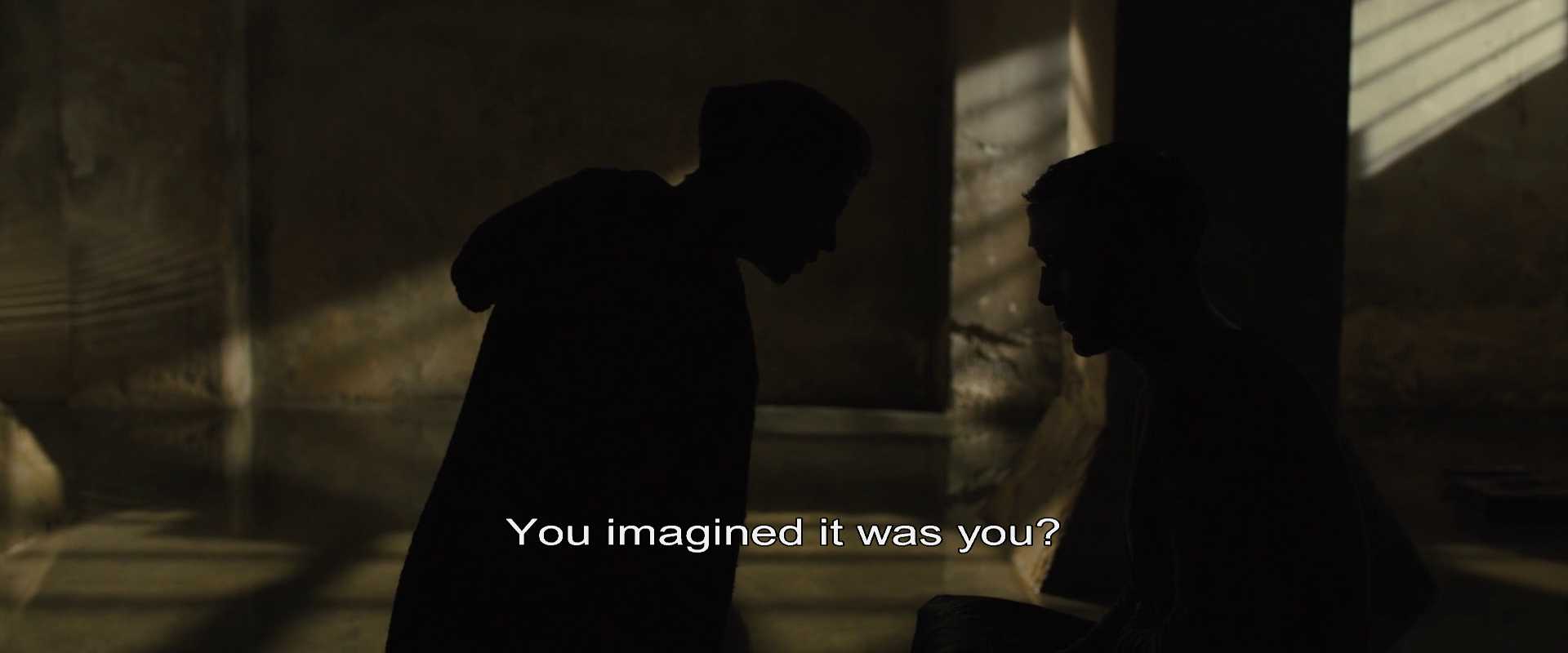
His hope fades when he finds out that the memory involving the wooden horse is not his, that it is just a cruel mistake on life’s part. The fragment of memory was misplaced.
He is not unique or special.
Or in Tyler Durden's words, he is not a unique snowflake.
He was never the miraculous child born to a replicant and a human. The constant optimism his hologram companion kept feeding him was just a corporate algorithm programmed to spew what its owners want to hear and feel; to ensure their products remain adored by its users.
It is just another machine performing its tasks.
K’s existential crisis is akin to what many of us face in increasingly materialistic, corporate-controlled metropolitan societies. In search of obtaining what society considers the best, the most pleasurable, and what provides us with the most comfort, numerous of us have lost sight of what is meaningful.
Even the few who know the Truth refuse to see or react to it because they are too scared to face the consequences.
Just like K staring at an advertisement for Joi, we look at our own lives, finding the sheer pointlessness and fakeness of it repulsive.
Just like K, we hope life is meaningful. We hope we are unique and destined for greatness. Yet, most of us come out disappointed and dissatisfied.
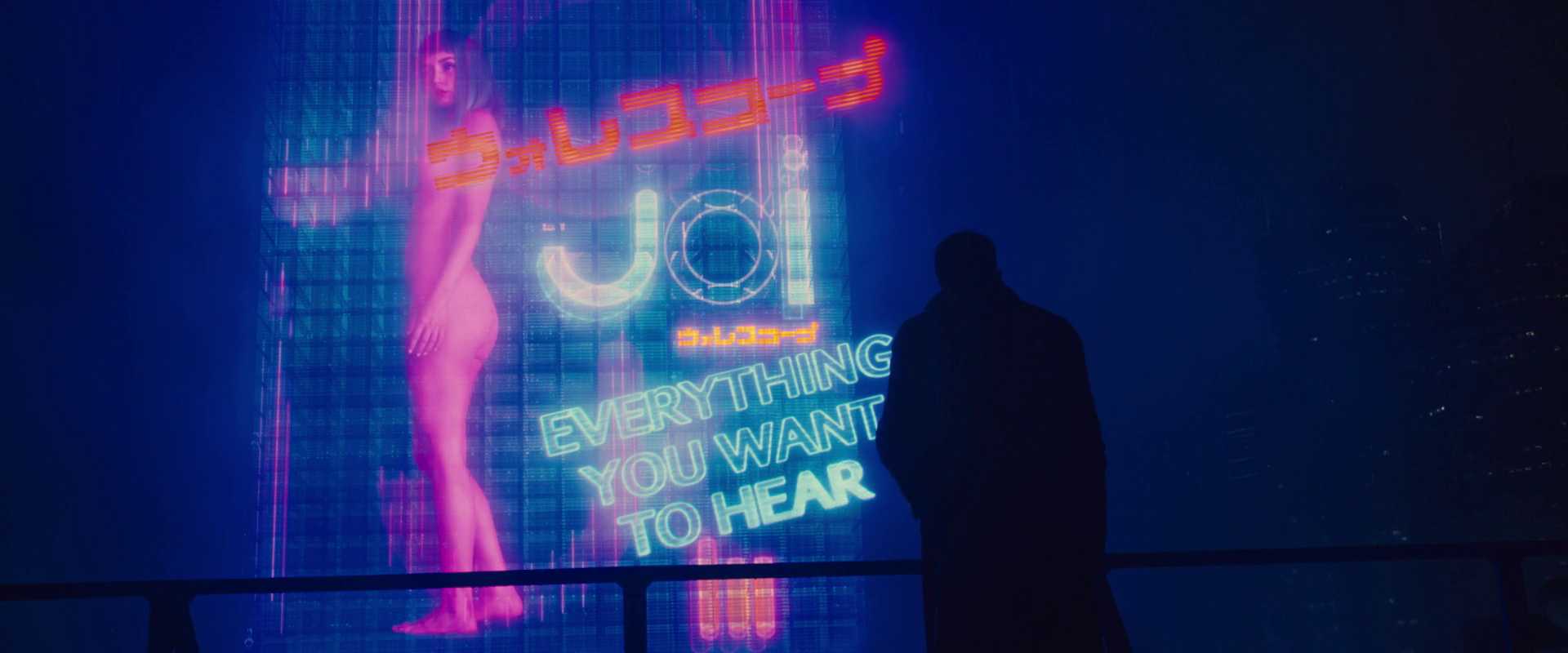
“For what purpose humanity is there should not even concern us: why you are there, that you should ask yourself: and if you have no ready answer, then set for yourself goals, high and noble goals, and perish in pursuit of them. I know of no better life purpose than to perish in attempting the great and the impossible.”
Friedrich Nietzsche
Although his birth and the purpose assigned to him by his corporate masters are not unique or even ethical, K realizes that he can change his life by performing something human and selfless, regardless of how dangerous it is.
He decides to redeem himself and wash himself of the sins of his career, to raise himself to someone of value by working for a greater goal.
He risks his own life out of his own free will to save someone else’s, for the happiness of the real Chosen One, and for a revolution. He makes himself indispensable and expects nothing in return.
Officer K lies down in the snow, covered in wounds and worn out. For the first time in his life he feels satisfied with himself and his actions.
It doesn’t matter to him that he ends up as a mere cog in a vast machine.

